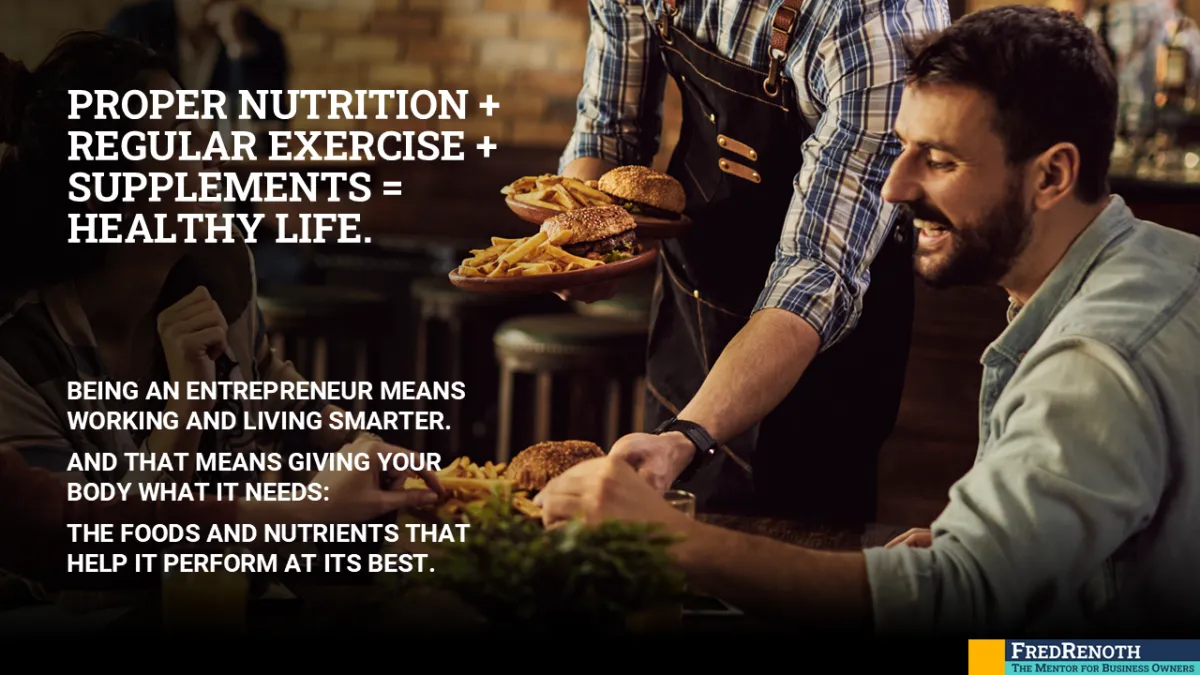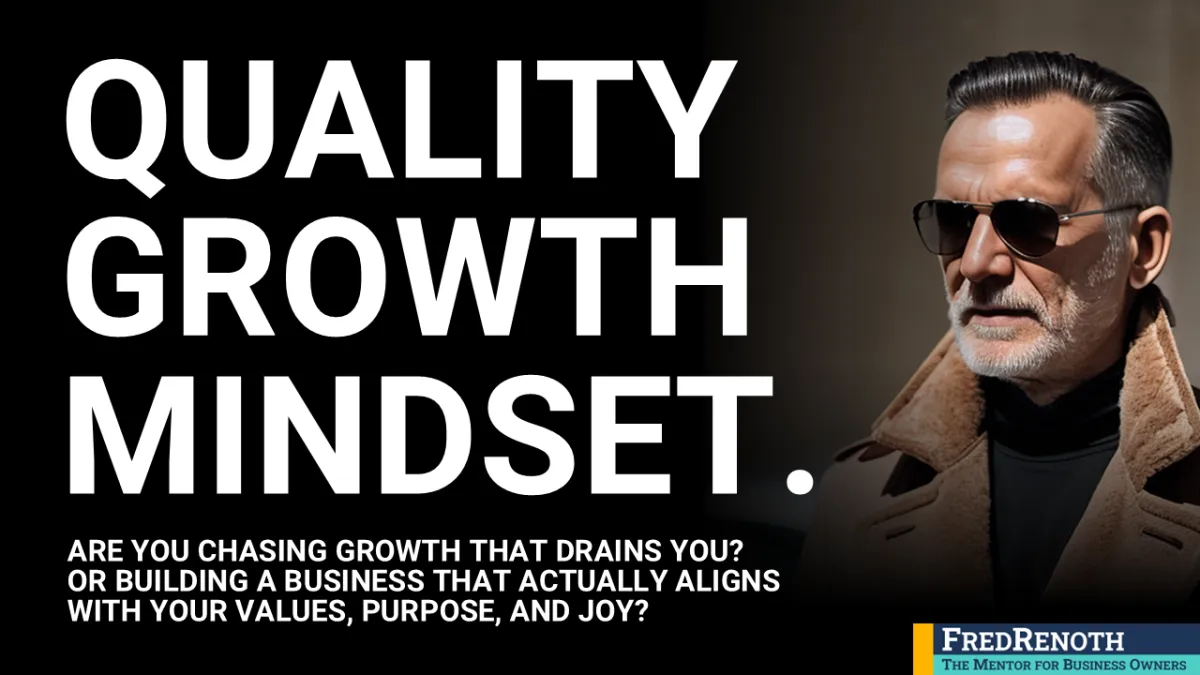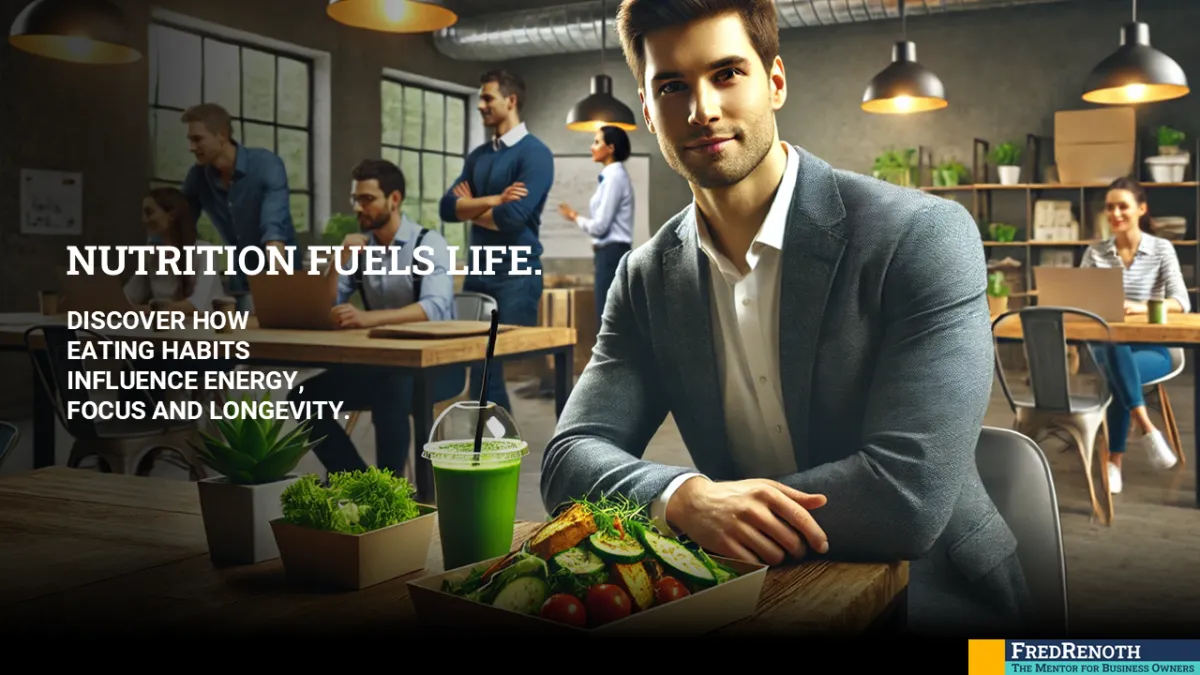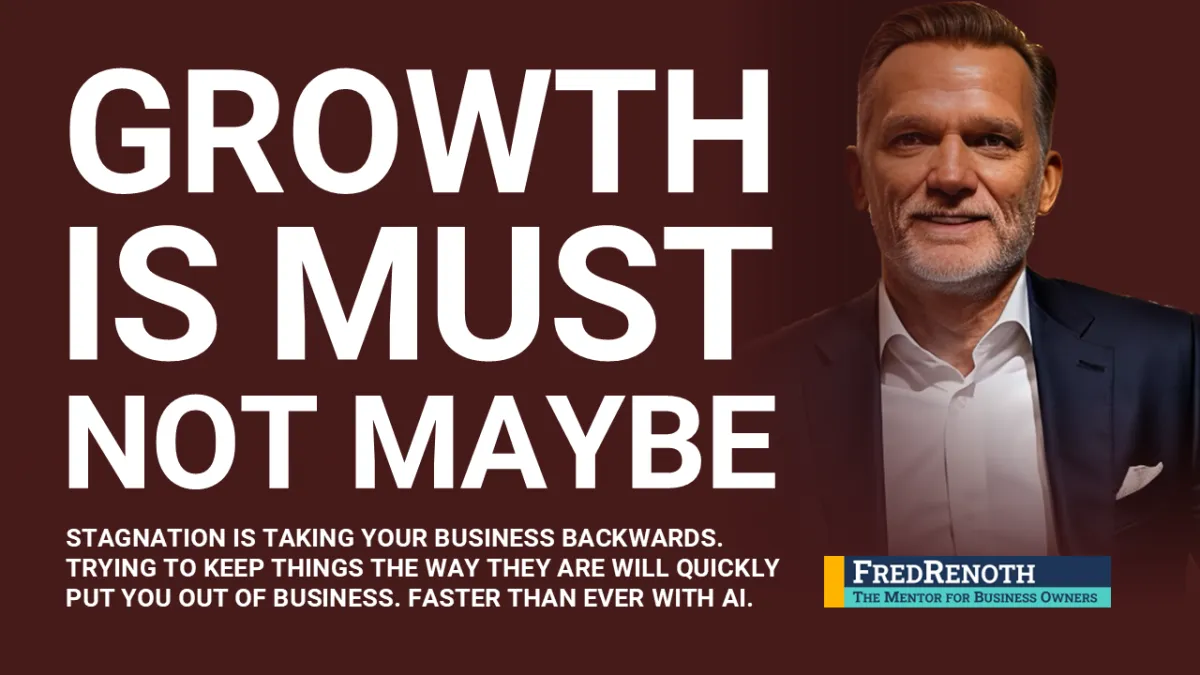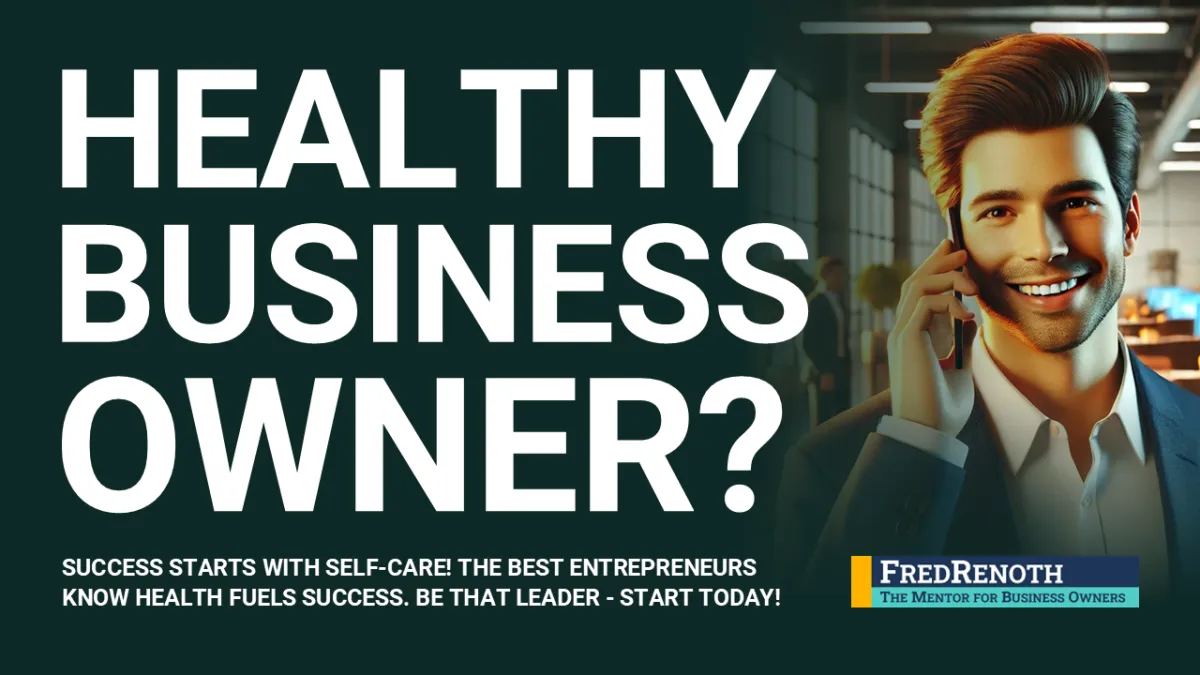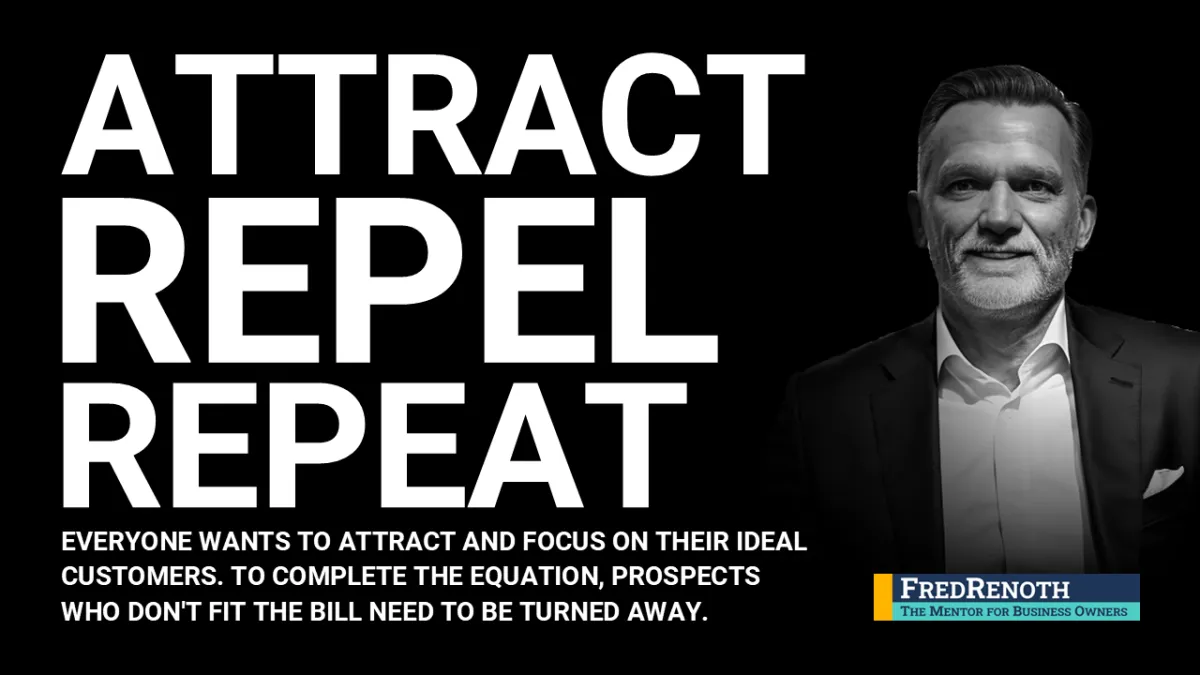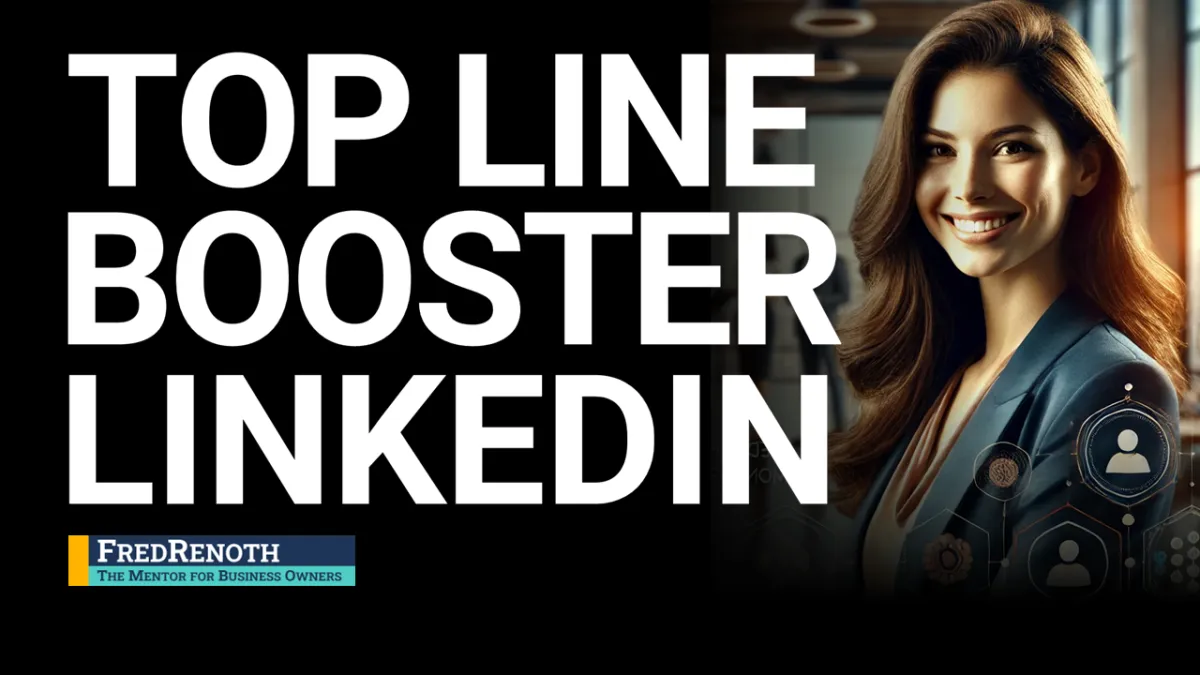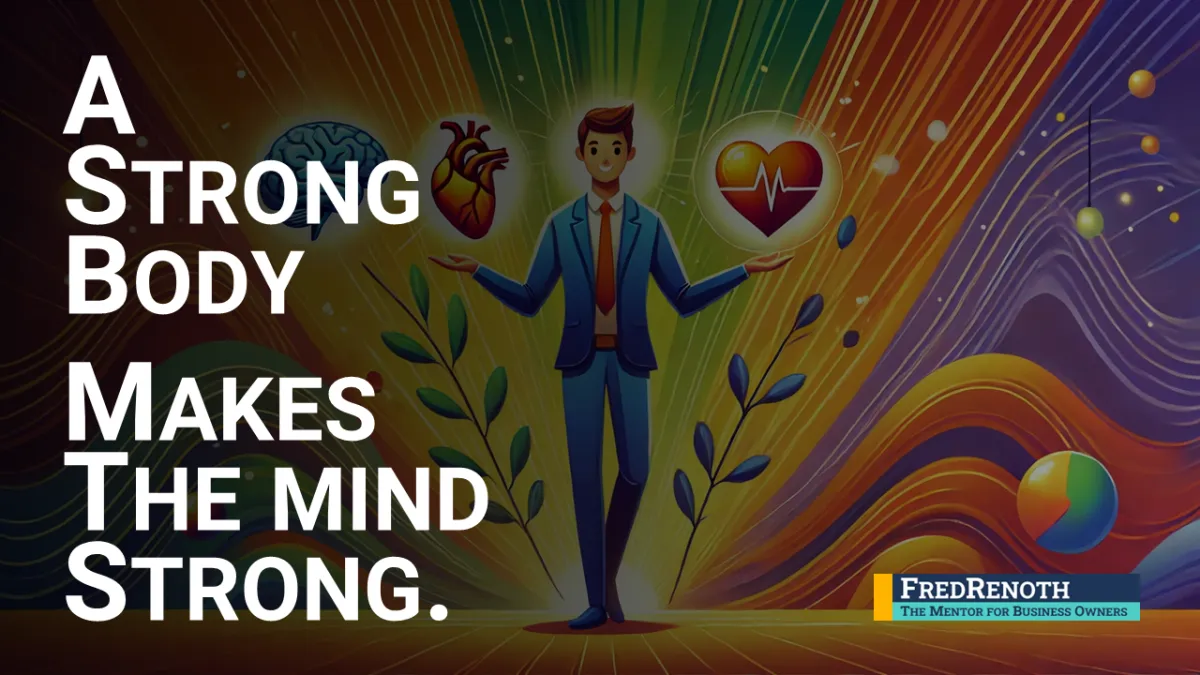


Welcome to Fred's
the Healthy Business BLOG
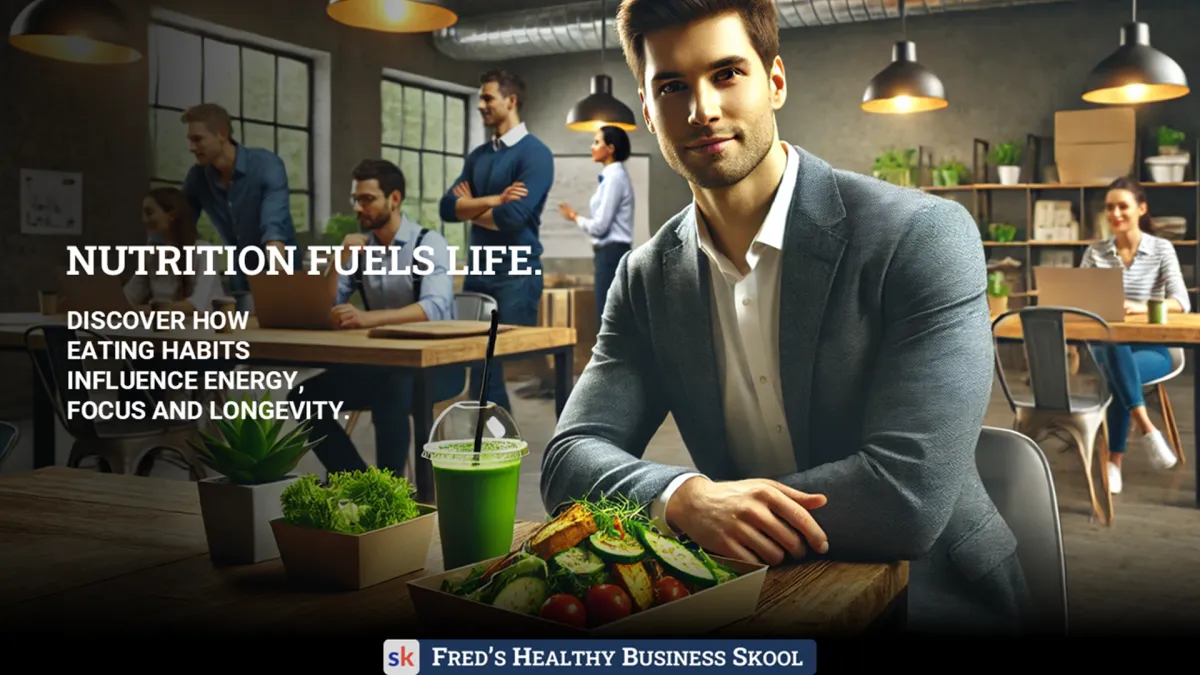
The Importance of Nutrition for a Healthy Lifestyle
It starts with a lie we’ve all believed. “Eat less. Move more. Sleep better. Stress less.” That’s what every glossy health magazine and TikTok guru preaches.
And while those habits are important, they all share one dangerous assumption: That nutrition is just one part of the equation. A side dish to your self-care.
But here’s the truth: Nutrition isn’t just part of the healthy lifestyle equation—it’s the foundation it stands on. And without it, everything else crumbles.
Let me show you how.
Why Nutrition Is the Unseen Engine of a Healthy Life
Your body is like a business. And in this business, nutrition is your capital, your cash flow, and your productivity all wrapped into one.
Let’s break it down.
You might go to the gym five days a week. You might even get eight hours of sleep. But if your meals consist of bagels, fast food, and energy drinks, you’re running on a broken system.
A healthy diet gives your body the tools to do three things:
Prevent disease
Fuel energy
Repair and protect your cells
According to the World Health Organization, a healthy diet reduces the risk of noncommunicable diseases like heart disease, diabetes, and cancer. It’s not just about looking good in a mirror. It’s about staying alive and thriving - into your 60s, 70s, and 80s. [ WHO: Healthy Diet ].
Still not convinced?
A 2023 study by the National Institutes of Health revealed that poor diet is the leading cause of death globally, contributing to 11 million preventable deaths per year.
Let that sink in: 11 million. Every year.
What Happens When You Skip the Basics
Think of your favorite high-performance sports car. Now imagine pouring soda into the gas tank instead of fuel.
That’s what we do to our bodies when we feed them processed junk, sugary drinks, or skip meals altogether. The results are predictable - and devastating.
Here’s what happens when your nutrition collapses:
You might wake up tired - even after sleeping well.
You may find your thoughts foggy, your memory short, and your temper shorter.
You struggle with motivation.
You get sick more often.
You gain weight or lose muscle.
You feel anxious, bloated, sluggish, or even depressed.
Now here’s the kicker - you may be doing everything else right, but without proper nutrition, your body is literally starving at the cellular level.
We’re not talking about calorie starvation. We’re talking about nutrient deficiency. According to the CDC, over 10% of Americans are deficient in essential vitamins like vitamin D, B12, and iron - even though they eat regularly. [ CDC: Nutrition Basics ].
This leads to long-term risks like:
Type 2 diabetes
Cardiovascular disease
Chronic fatigue syndrome
Inflammation and autoimmune disorders
Cognitive decline
The bottom line: a poor diet is like a silent saboteur, draining your life force one bite at a time.
What a Balanced Diet Actually Looks Like (With and Without Meat)
We’ve all heard terms like “balanced diet” or “clean eating,” but what does that actually mean in 2025?
Let’s get specific. Here's how you build a solid nutrition foundation—whether you're a meat-eater, plant-based, or something in between.
If you eat meat: Omnivores thrive when their diet includes:
Lean proteins (chicken, turkey, fish)
Whole grains (quinoa, brown rice, oats)
Healthy fats (avocados, olive oil, nuts)
Leafy greens and a rainbow of vegetables
Low-sugar fruits like berries, apples, and citrus
Probiotic-rich foods like Greek yogurt and kefir
But here’s the key: portion control and quality matter.
Eating a 12-ounce ribeye every night isn't balanced - it’s overkill. Instead, choose grass-fed or organic meats, focus on fiber from plants, and avoid highly processed meats like sausage and bacon (classified as Group 1 carcinogens by the WHO).
If you’re plant-based: Going vegetarian or vegan?
Great. But don’t fall for the myth that "vegan" automatically means healthy.
Many plant-based eaters still consume a high amount of ultra-processed foods - vegan cookies, mock meats, and sugary granola.
A nutrient-rich vegan diet should include:
Legumes (lentils, black beans, chickpeas)
Whole grains (millet, bulgur, wild rice)
Dark leafy greens (spinach, kale, collards)
Seeds and nuts (chia, flax, almonds)
Fortified plant milks for calcium and B12
Seaweed or supplements for iodine and omega-3s
According to a 2024 article from Mayo Clinic, well-planned plant-based diets can reduce the risk of heart disease by up to 32%, but only if they are nutritionally adequate [ Mayo Clinic: Vegetarian Diet ]
The Secret Weapon Most Diets Miss: Supplements
Here’s a truth most people ignore: Even the cleanest eaters can be undernourished.
Soil depletion, food transport, and modern farming methods mean many fruits and veggies today have lower nutrient density than they did 50 years ago.
That’s where smart supplementation comes in—not as a replacement, but as a reinforcement.
According to the NIH Office of Dietary Supplements, the most common deficiencies today include:
Vitamin D
Omega-3 fatty acids
Iron
Magnesium
Vitamin B12
For plant-based eaters, B12 is non-negotiable. For older adults, vitamin D and calcium are often critical.
And if you live in areas with low sunlight? You’re likely deficient in vitamin D - affecting everything from your bones to your immune system.
Supplements, when used responsibly and under guidance, can bridge the gaps in even the healthiest diets.
The 5-Point Action Plan to Upgrade Your Nutrition Starting Today
Let’s get practical. You’ve got the knowledge - now here’s how to make it stick. Start with just five steps. Think of these like your daily business KPIs - but for your body.
First, remove the garbage. Start by cutting back processed foods. Replace boxed meals with fresh, whole ingredients. If it has 20 ingredients and you can’t pronounce most of them - it doesn’t belong in your body.
Second, upgrade one meal per day. You don’t have to change everything overnight. Begin by transforming breakfast into something powerful: oats, fruit, nuts, eggs, or a protein smoothie.
Third, hydrate like you mean it. Drink more water than you think you need. Most people mistake thirst for hunger. Proper hydration aids digestion, concentration, and energy. 8 glasses a day is the baseline, not the goal.
Fourth, plan your plate. Each meal should include: 50% veggies, 25% lean protein, 25% whole grains or healthy carbs. Use the “Plate Method” to visualize it.
Fifth, check your blood. Talk to your doctor and get a full panel. Look at your iron, vitamin D, B12, thyroid, and cholesterol. Data drives better nutrition decisions.
These five steps will immediately upgrade your health—and they’re sustainable.
Conclusion: A Stronger Life Starts with Stronger Food
So many people today are burning out, crashing, getting sick—and they blame stress, age, or genetics. But what if it’s not your job, your DNA, or your environment?
What if it’s your nutrition? Your food choices don’t just change your weight. They influence your brain, your hormones, your mood, your lifespan, and your ability to show up in the world.
If you’re a business owner, entrepreneur, or high performer, you cannot afford to run your life on nutritional fumes. You need to build your body like you build your business - with intention, clarity, and resilience.
Want to Take it a Step Further?
Enjoyed this article?
It may give you a taste of what we talk about with our clients in the FredRenoth Mentoring Program.
Check out our website (CLICK HERE FOR WEBSITE).
And, of course, I'm ready to answer all your questions in a Value Call. Just click the button below.
Like What you Read?
Get my weekly updates sent straight to your inbox. Just CLICK HERE to sign up.
Disclaimer
This article is just my two cents on how to stay healthy while juggling a demanding job as a business owner. It's meant to be inspiring, but it's not a substitute for professional advice on exercise, nutrition, or health. Before you take action, check in with a specialist.
Copyright 2025 Sysbizz LLC - All Rights Reserved


